
Dancing During War: Kowal Explores WWII Photo Archives
Thursday, April 7, 2022
“When we think about performance during World War Two, we think about USO shows and famous American performers like Bob Hope and Bette Davis,” says Rebekah Kowal, Spring 2022 Obermann Fellow-in-Residence. On the face of it, these performers were sent to overseas U.S. military camps to uplift soldiers’ spirits by providing a sense of home and “Americanness.” But there were many other forms of movement and performance that served other (rather overt) purposes, from displaying Western cultural dominance and exerting control over subjected people’s bodies to reintegrating the detained, creating a pathway to U.S. citizenship, and serving as a normalcy touchstone for the dancers.
Kowal (Dance, CLAS) is deep in research for a new book tentatively titled War Theatre: Dancing American Citizenship and Empire during World War II. After writing about the contribution of American modern dance to aesthetic and social change in the 1950s (How to Do Things with Dance: Performing Change in Postwar America [Wesleyan UP, 2010]) and about globalism and the performance of international dance in the U.S. after WWII (Dancing the World Smaller: Staging Globalism in Mid-Century America [Oxford, 2019]), she figured her next project would move away from the WWII era. But one sleepless night—“one of those bizarre moments during COVID,” she recalls—she pulled up the National Archives’ online catalog and started typing interesting keywords.
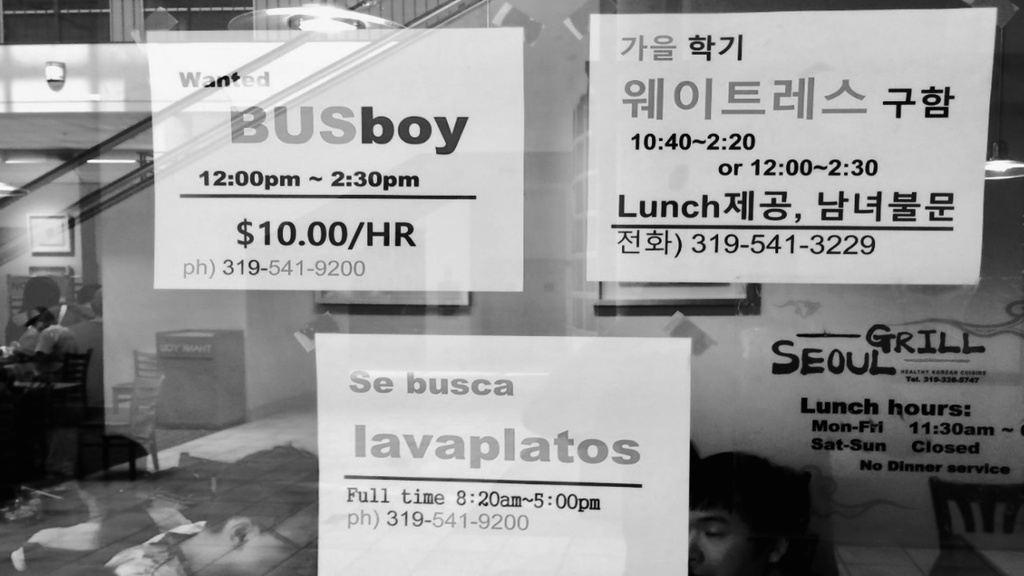
The Language of Social Justice: David Cassels Johnson explores educational language policies
Monday, March 7, 2022
A local restaurant posts a help wanted ad for a dishwasher in Spanish, while server positions are advertised in Hangul (Korean). A teacher encourages students to write in the language of their lived experience, using their multilingual resources. A government nullifies Anglicized words from formal communications. A parent tells her children she won’t tolerate violent language. Each of these is a form of language policy.
According to David Cassels Johnson, Associate Professor in the Teaching and Learning Department of the University of Iowa’s College of Education and a Spring 2022 Obermann Fellow-in-Residence, “Language policy is any policy that governs the structure, function, use, or education of language.” Each of us is living under numerous language policies. Some at the macro level are decided by institutions; others are created less officially by circles to which we belong. We even make language policies for ourselves when, for instance, we choose not to use some kinds of language or to amplify others.

Beyond Times New Roman: Daria Fisher Page makes the case for visual advocacy in law school
Tuesday, November 23, 2021
In the U.S., where the terms "lawyer" and "attorney" refer to a legal professional, it can be easy to forget that "advocate" is the term more widely recognized across cultures. The word comes from Roman law and the Latin "advocatus," “one called to aid (another); a pleader (on one’s behalf).” The training of advocates also goes back to the Roman Republic, when it was deemed useful to have people outside the priesthood trained in rhetoric and reasoning.
To this day, law students receive extensive training in oral and written advocacy. During three intensive years, they are taught how to make clear and concise arguments in both formats. But what about communication through images? Daria Fisher Page, a professor in the UI College of Law and a Fall 2021 Obermann Fellow-in-Residence, believes that today’s legal professionals also need training in visual advocacy.

Searching for Red with Margaret Beck
Tuesday, October 19, 2021
An anthropological archaeologist, Margaret Beck is continually searching—sometimes physically, for artifacts or geological samples, but always intellectually—to understand how people once lived, how they prepared and served food, taught and learned craftwork, used local resources, moved within their landscapes, and spread their traditions. Currently, she’s studying red-painted archeological ceramics and iron-rich geological samples to discover how Native peoples created and applied the color red in the central United States. The answers aren't always easy to find centuries later.
"Throughout Native North America," says Beck, Associate Professor of Anthropology and a Fall 2021 Obermann Fellow-in-Residence, "red is a powerful, strong, and often sacred color.” Indigenous people in the Midwest and Great Plains used red paint for daily grooming, to ornament household objects, and to make the mundane sacred in religious ceremonies. When Beck moved to Iowa in 2007 and began looking at archeological ceramics from Iowa and Illinois, she noticed that their red pigments differed from those found in archeological sites elsewhere in North America. The red coatings (paints or slips) were often thinner and more powdery, with lighter or more yellow shades of red. Beck surmised that these differences were due to regionally distinct raw materials and pigment application techniques—but this was something she’d have to find out for herself. "In the Great Plains and the American Bottom, I found that this was an overlooked subject," she says. "Scholars know relatively little about sources of red pigment or ochre there"—in contrast to, say, chippable stone, the location of which has been widely studied in the region.

The Kindness of Strangers: Philosopher seeks to make caregiving disparities and their effects visible
Monday, September 13, 2021
During the pandemic, many of us have relied on the kindness of strangers. The work of people we didn’t know—store clerks, nurses, childcare providers, delivery people, and warehouse workers—allowed many of us to stay home during the past year and a half. As in the case of Blanche DuBois—she of Streetcar Named Desire fame—this reliance may have helped us in the short run, but it’s not necessarily the best societal approach to receiving care. Frontline workers are inordinately female and people of color....

Brain Time: Rodica Curtu, Mathematical Biology, and the Perception of Time
Wednesday, June 2, 2021
Math, for Rodica Curtu, is a balm. In high school, when she’d get a headache, she’d sit down and solve math problems—“The opposite of what my friends would do!” she laughs. Now, as a professor in the Department of Mathematics (CLAS) and a member of the Iowa Neuroscience Institute, she uses mathematical analysis to help find treatments for people with debilitating brain disorders—specifically...
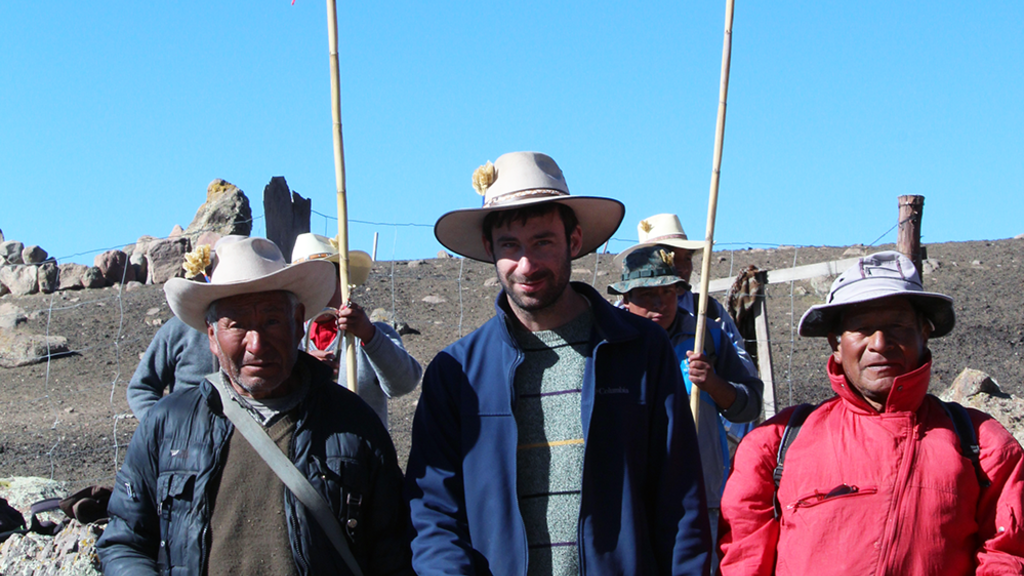
Rural life, capitalism, and solidarity: Eric Hirsch on the challenges of climate change & entrepreneurship in highland Peru
Thursday, May 27, 2021
Climate change is nothing short of a disaster for farmers in the Peruvian Andes. As one put it in a 2017 interview, “If the glaciers disappear, we’ll have to die.” With droughts becoming more frequent, Andean farmers are struggling to irrigate their crops and water their livestock; unpredictable weather has changed once-reliable patterns of plant growth; and occasionally, a “glacial lake outburst”...
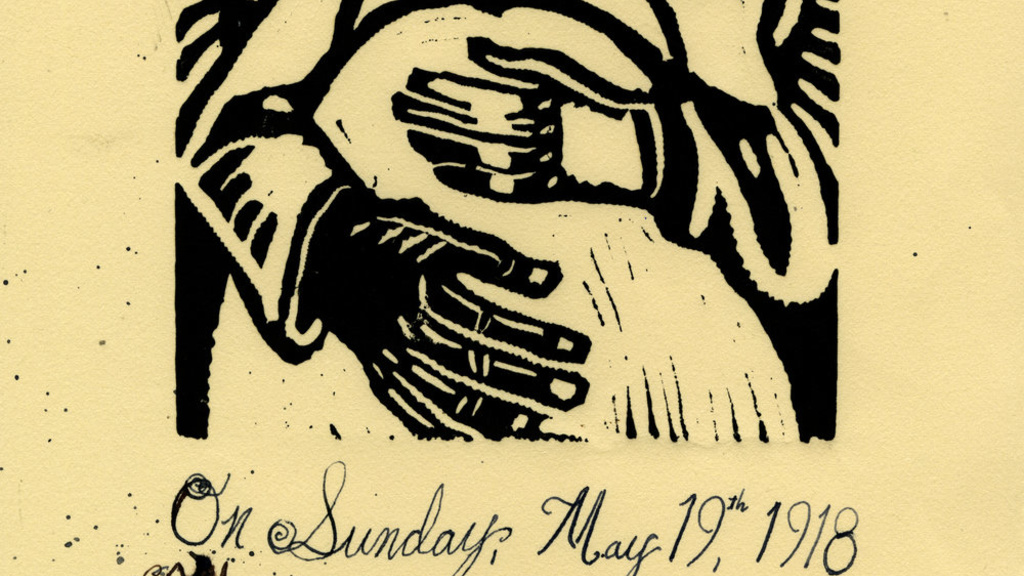
Thinking in Images: The Evolution of Rachel Williams
Sunday, April 11, 2021
“I had to think in images.” This is how Rachel Williams explains her progression as the artist-author of two graphic histories who moved from illustrating the words of others to bringing a story to life on her own terms. A painter and art educator by training, Williams’s approach has always been multi-disciplinary. For her recently published books, Run Home If You Don’t Want to Be Killed: The...
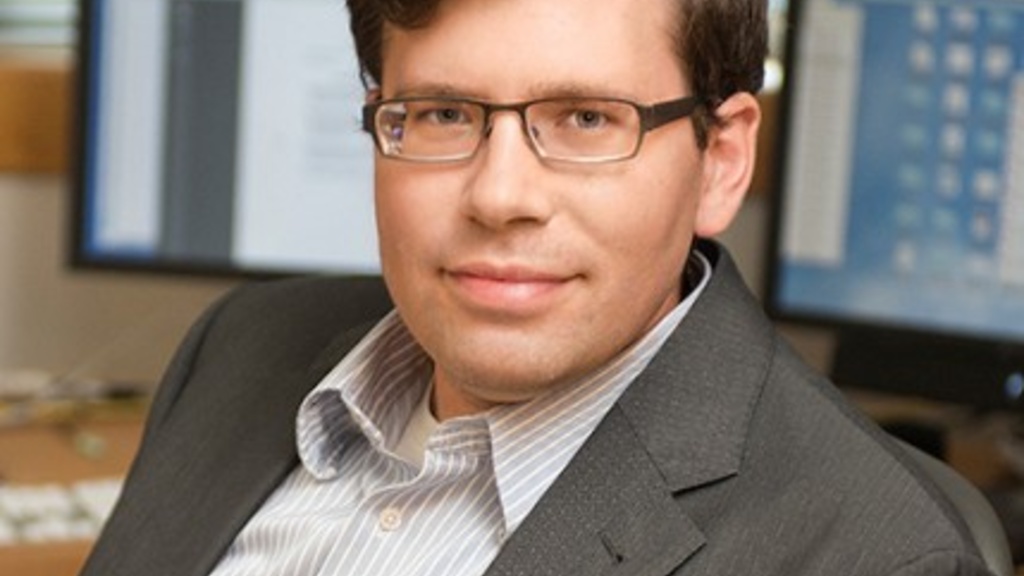
Patent Warrior: Jason Rantanen's projects seek to help patents serve people
Monday, February 8, 2021
Early last fall, the Federal Circuit rejected a request from Google to move a patent infringement case involving Google’s YouTube service out of East Texas. The request, formally known as a writ of mandamus, is an attempt at judicial remedy by petitioning an appellate court. In this instance, Google was claiming that East Texas wasn’t the proper venue for the lawsuit. There has been an uptick in...

Planning Scholar Suggests Iowa Is at a Crossroads, and Proposes a Path Forward
Monday, November 9, 2020
In 1900, Iowa was the tenth largest state in the country. A hundred years later, it was the thirtieth largest and had experienced the biggest decline in its population rank of any state. Today, Iowa is at a crossroads. Its population is more urban, less white, and more environmentally challenged than its longtime reputation suggests. In a new book, Green, Fair, and Prosperous: Paths to a...
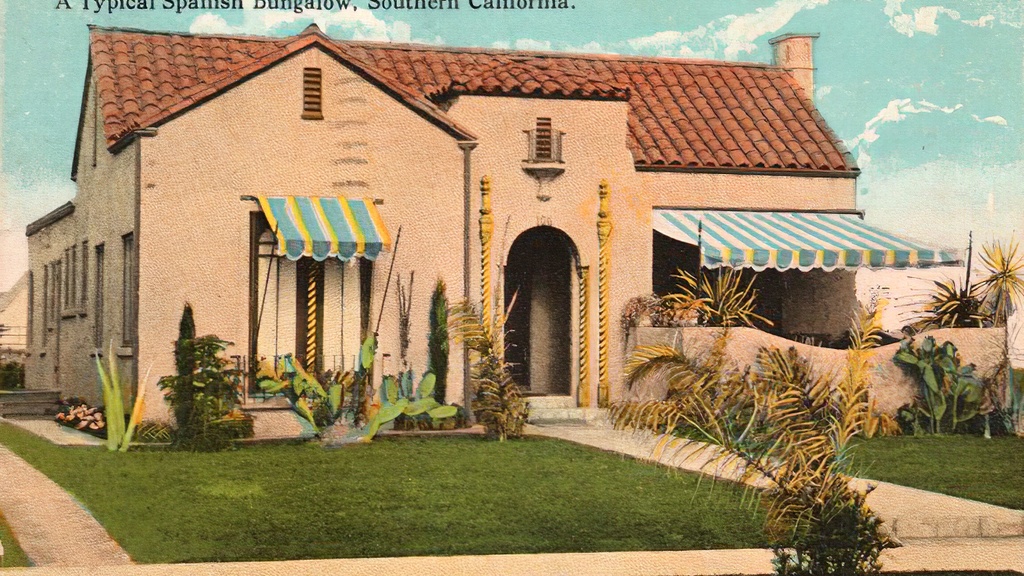
Uneasy Stories: Mary Lou Emery Explores the Paradoxical Cultural History of the Bungalow
Tuesday, September 8, 2020
The bungalow has long seemed an ideal home. It's moderate in scale, built with deep porches or verandas that both invite time outdoors and seem to welcome neighborly visits. Even the word “bungalow” conjures up such coziness that a trendy house-sharing app borrowed it for its name. In 20th-century literature and film, however, the bungalow is frequently the site of scandal and violence, which...

Jua Kali: Brian Ekdale Mines Lessons from Kenya's Scrappy Gig Economy
Monday, March 30, 2020
Brian Ekdale, a filmmaker and media scholar, is pondering what Kenya’s robust gig economy has to teach us at this moment of global crisis. Jua kali describes the country's scrappy, entrepreneurial network of artisans, manual laborers, and tradespeople who fix things, make small-batch wares, and resell found or wholesale merchandise. The term has evolved to refer to a kind of work culture and ethos...

Surveying the Effects of Political Corruption
Thursday, February 27, 2020
Americans may feel they are living in an era of unprecedented political corruption. Just weeks ago, President Trump pardoned eleven people, many of whose convictions included bribery, tax fraud, and the sale of a public office. In the whirl of daily headlines, it can be easy to forget that corruption is nearly as old as democracy itself, with the ancient Greeks and Romans providing many examples...
Lost Language Found: Gordon Develops Tool to Improve Aphasia Diagnosis
Thursday, November 14, 2019
How would you feel if, in the middle of a conversation, you couldn’t come up with the word for water, shirt, or table—or your own name? If suddenly it was a struggle to comment on a movie or tell a simple story? You’d likely feel confused, embarrassed, frustrated, scared. According to the National Aphasia Association, over two million Americans suffer from aphasia—the inability to speak, write...
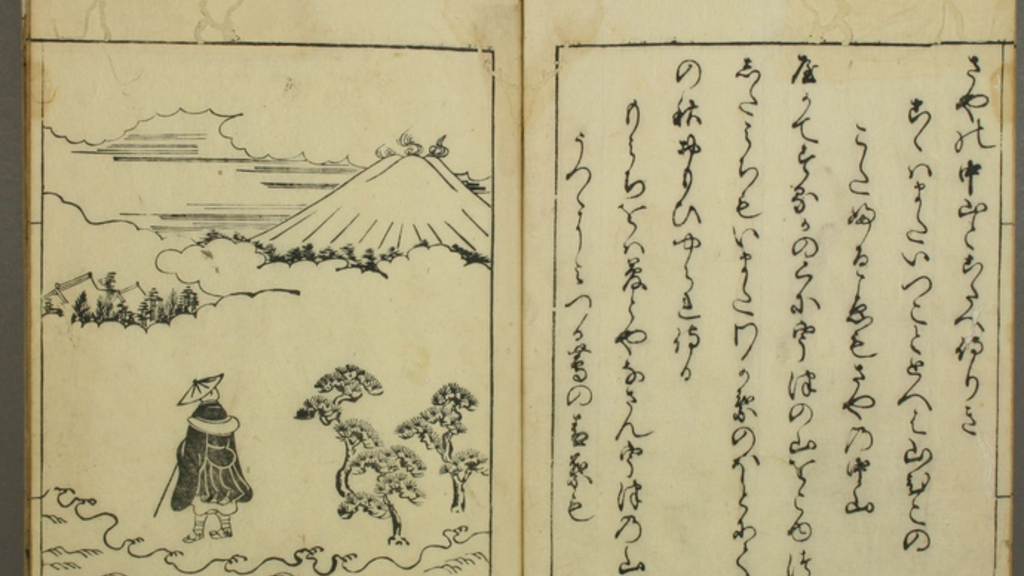
It All Depends on 31 Syllables: A Study of the Power of Japan's Medieval Waka
Tuesday, October 22, 2019
Imagine if your social stature and your livelihood were dependent on your ability to write poetry and refer to the work of other poets. If there were poetry competitions among the elite that decided one’s worthiness. Or if the entire direction of a nation could be changed via 31 syllables. Japanese waka, a 31-syllable precursor to haiku, held just this kind of sway for several centuries...
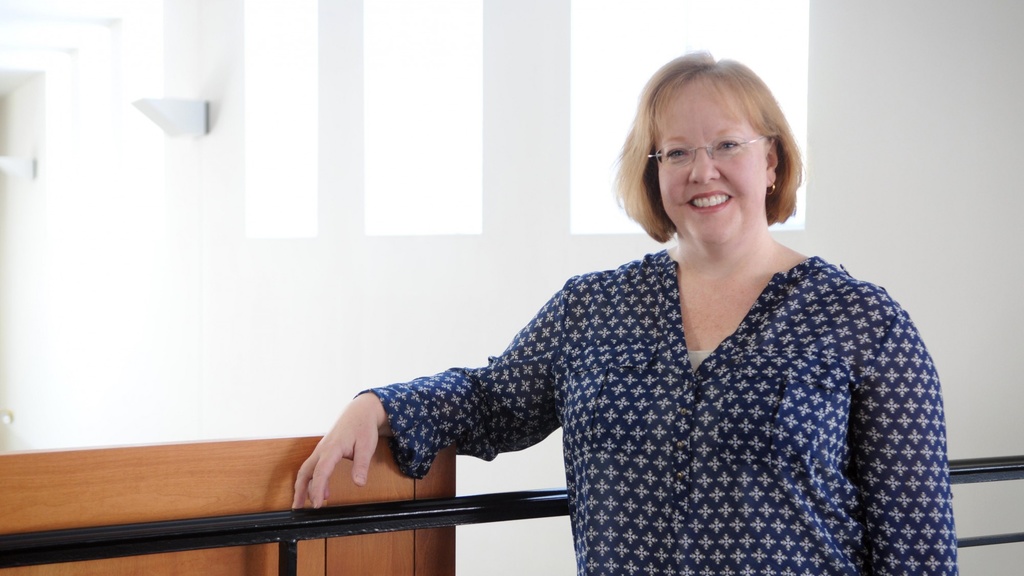
Relying on the Unreliable: Historian Catherine Stewart Examines 1930s Domestic Workers
Wednesday, July 10, 2019
Obermann Fellow-in-Residence Catherine Stewart’s current book project, The New Maid, relies in part on a highly unreliable source—student essays. Specifically, Stewart is interested in what is divulged through a cache of papers written by students at a private women’s college in the South in response to the topic, “Negro servants in my household.” Written between 1928 and 1940, the nearly 100...
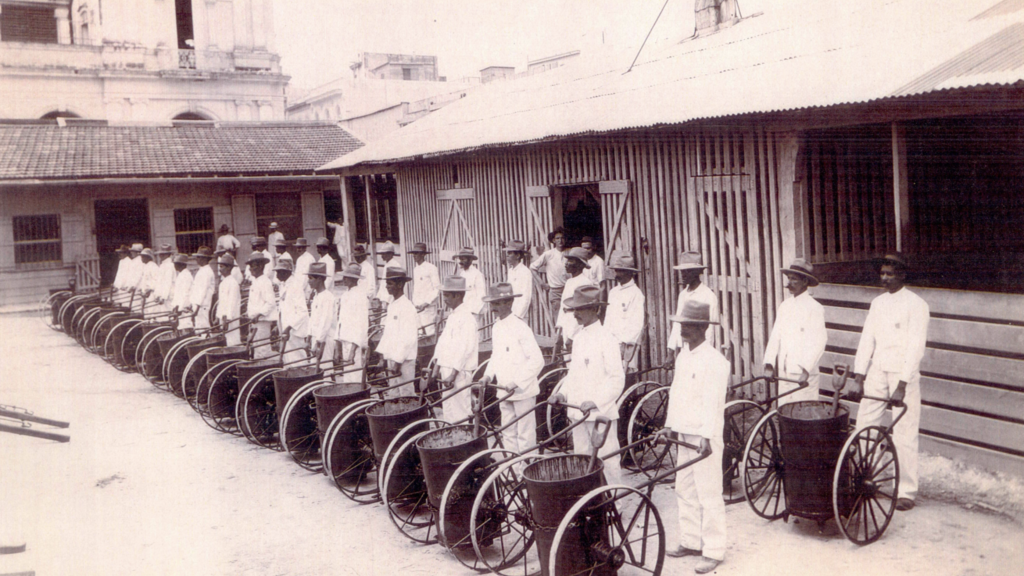
Yellow Fever's History of Humans, Microbes, and Ideas
Monday, March 25, 2019
Yellow fever was once a terrifying killer that violently took the lives of half of the people who contracted it. It killed workers building canals, soldiers engaged in sieges, and investors on fact-finding missions. A viral disease spread between humans and primates, it is caused by a species of mosquito that prefers clean, fresh water. Before this was proven decisively in 1901, yellow fever was a...

Nathan Platte's Fascination with the Sounds of an Unassuming Director
Wednesday, January 2, 2019
Robert Wise doesn’t make sense the same way some directors and their work do. He’s not labyrinthine like Hitchcock or surreal like Lynch. In fact, it’s hard to imagine that some of his films were created by the same person. It is this eclecticism that attracted musicologist Nathan Platte, a faculty member in the School of Music and a Fall 2018 Obermann Fellow-in-Residence, to write a book about...
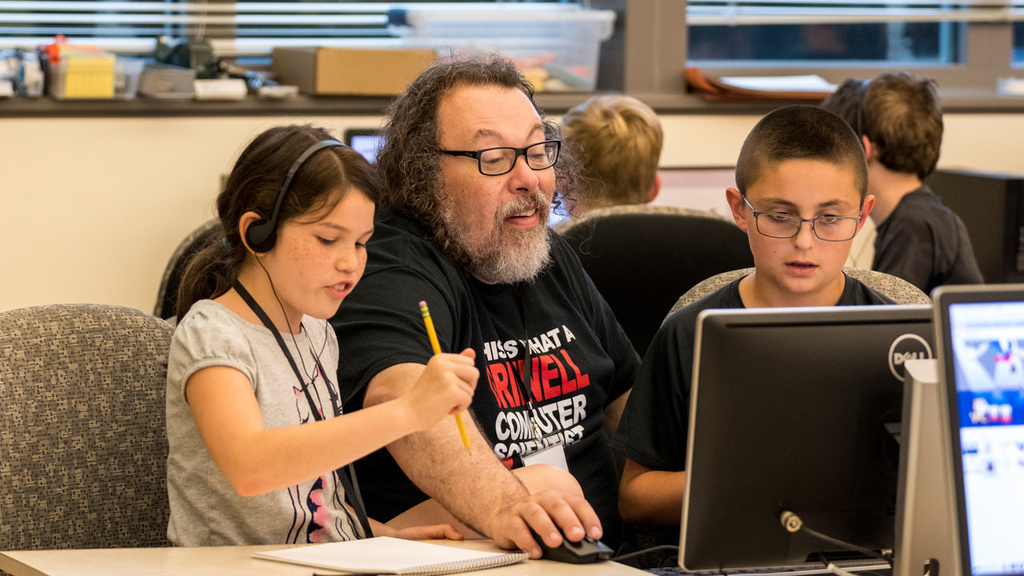
The Power of Programming: Sam Rebelsky
Thursday, December 20, 2018
Sam Rebelsky is a professional problem-solver. That is, he’s a computer scientist. Whether he’s tackling a programming task or confronting the social and ethical problems of his discipline, he relishes breaking down complex problems, coming up with step-by-step solutions, and teaching others to do the same. A professor of computer science at Grinnell College and a Fall 2018 Obermann Fellow-in...

The Accidental Ethnographer
Thursday, November 15, 2018
Tammy Nyden calls herself an accidental ethnographer. She is a scholar and mother of two, but it’s the practice of ethnography, in which one embeds herself within a community in order to study it, that best captures her current intellectual and personal passion. Her now-teenaged son was diagnosed with Tourette syndrome and obsessive-compulsive disorder eight years ago, and with autism two...
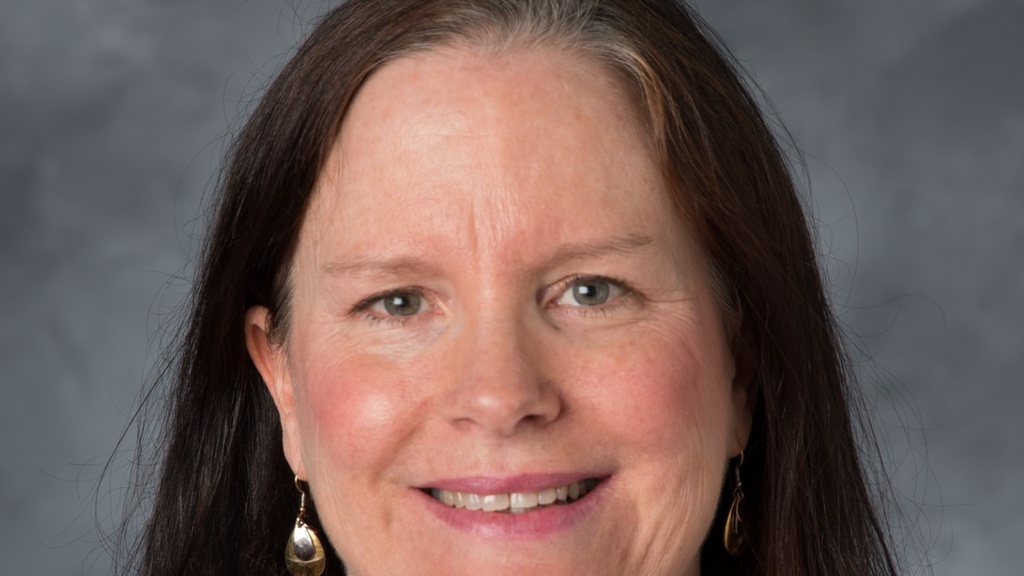
Beyond Justice: Understanding the Adjudication Process of Sexual Misconduct on College Campuses
Tuesday, April 24, 2018
Sexual misconduct is a serious issue on college campuses across the U.S. In fact, it is a civil rights issue, as it can undermine students’ ability and opportunity to pursue their education. What many people don’t understand is that sexual misconduct denotes a continuum of behavior—from persistent unwelcome sexual comments and advances to stalking, domestic violence, and sexual assault. Since...
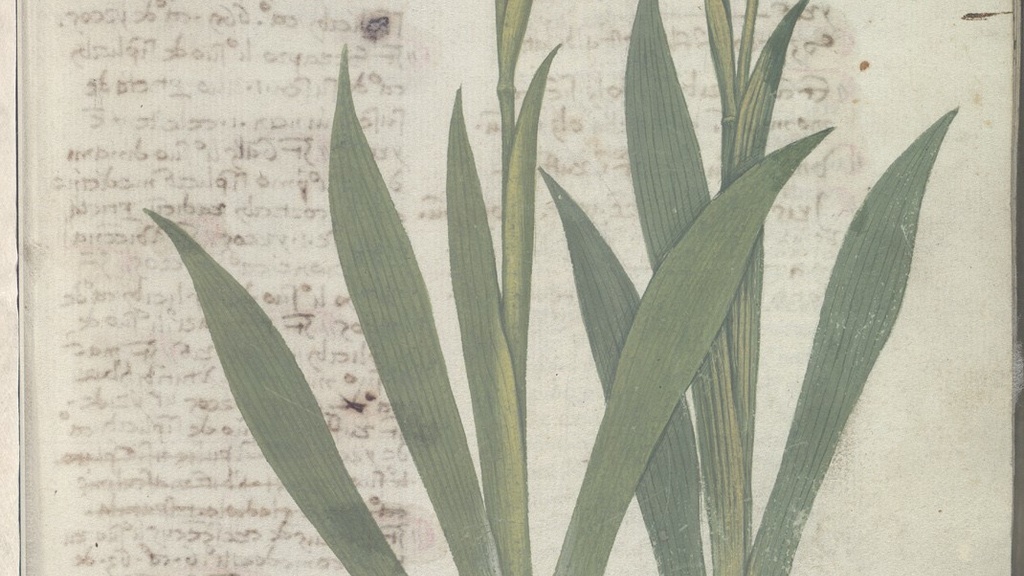
Healing Arts: Scholar Traces Journey of a 15th-Century Medical Book
Monday, March 26, 2018
Twice now, art historian Sarah Kyle has visited the Biblioteca Nazionale Marciana in Venice to study the Roccabonella Herbal, a fifteenth-century illustrated book of plant medicines. Neither the text of the 900-page volume nor its more than 450 images are available digitally, and Kyle is interested in the interplay of the two. “Although the book is extremely fragile,” says the associate professor...

UI’s Iowa Native Spaces project works with Meskwaki, Ioway to bring historical perspectives to more Iowans
Tuesday, January 16, 2018
Reprinted from Iowa Now, this article features a project that was incubated via the Obermann Working Group program and has been directed by Jacki Rand (History, CLAS) who has been an Obermann Fellow-in-Residence and Co-Director of the Obermann Graduate Institute, as well as former Graduate Institute Fellows Eric Zimmer and Dave De La Tore and Obermann HASTAC Scholar Mary Wise. Article by Chris...
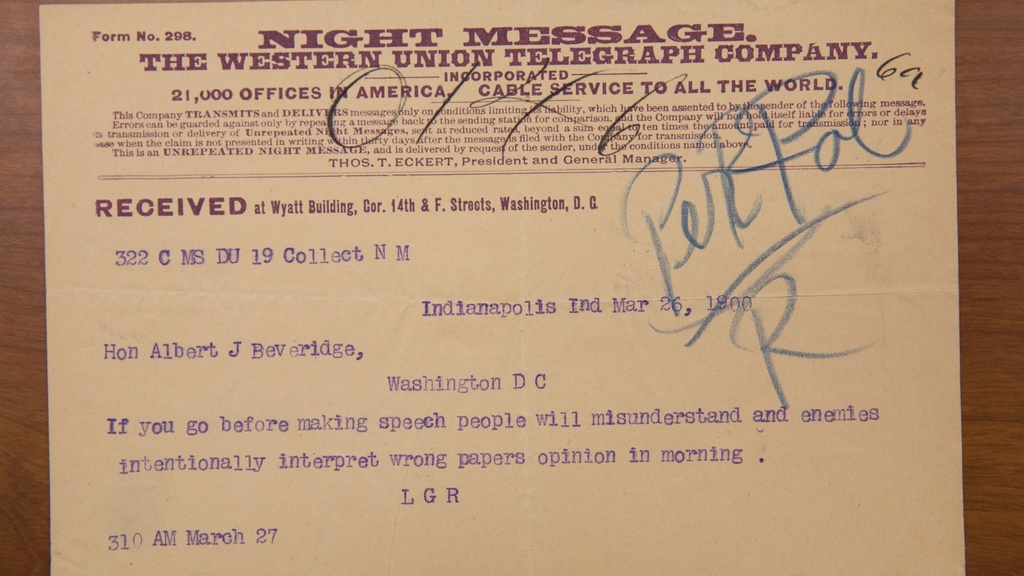
Typewriters for Eskimos: Imperialist Rhetoric & Puerto Rico
Monday, October 23, 2017
In 1898, soon-to-be U.S. Senator Albert Beveridge (R-Indiana) urged his fellow Congressmen to “administer government” to the “savages and senile peoples” of Puerto Rico, newly acquired by the U.S. “Shall we save them from [possession by other nations],” he cried, “to give them a self-rule of tragedy? It would be like giving a razor to a babe and telling it to shave itself. It would be like giving...

Talking “Prophylactic Chats” with Fellow-in-Residence Edward Cohn
Tuesday, April 25, 2017
It's 1975, Lithuania. You receive a letter in the mail—brief, and on KGB letterhead. "You are invited to a friendly chat at our headquarters," it says. "Next Monday, 10 a.m." Gulp. These "chats"—frequent occurrences in Khrushchev-era Lithuania, Latvia, and Estonia—are the current fascination of Obermann Fellow-in-Residence Edward Cohn. A professor of history at Grinnell College, Dr. Cohn...

The Phenomena of Attention: Shaun Vecera's Current Study of Distracted Driving
Monday, February 27, 2017
The stoplight has just turned red. Your cell phone is sitting on the seat next to you, and it vibrated a few blocks back. Should you pick it up and check it? Could this be considered distracted driving, even though the car isn’t moving? Without a doubt, says Shaun Vecera (Psychological & Brain Sciences, CLAS), a current Obermann Fellow-in-Residence who is studying individuals prone to risky...

Reviving Biophilia—Mary Trachsel Considers Our Disconnect from the Natural World
Monday, May 23, 2016
Animals on Campus Humans share the state of Iowa with as many as 20 million hogs, in addition to millions of chickens and cows. In a state so densely populated with non-human animals, why are they so invisible to us on the University of Iowa campus? This wasn’t always the case. In the 1800s, a fence was erected around the Pentacrest to keep pigs off the grounds. An early professor of writing...

The Allure of Concision — Matthew Arndt’s Fascination with Schoenberg’s Shortest Works
Tuesday, April 7, 2015
“Concise!” In 1909, the composer Arnold Schoenberg wrote to a friend, “My music must be short. Concise! In two notes, not built, but ‘expressed.’ And the result is, I hope, without stylized and sterilized drawn-out sentiment.” This call to simplification marked the beginning of a two-year period of radically unconventional music, even compared with his earlier nontonal music. This period...

On the Trail of Parkinson’s — Jon Doorn Seeks Clues to Stop Neurodegenerative Disease
Tuesday, February 17, 2015
The second most common neurodegenerative disease is Parkinson’s Disease (PD). It affects more than 1 million Americans and 10 million people worldwide. The cause of this prevalent disease remains largely unknown. Genetics play a role but cannot account for all cases. While age is one contributor, it isn’t clear whether Parkinson’s comes with age or...
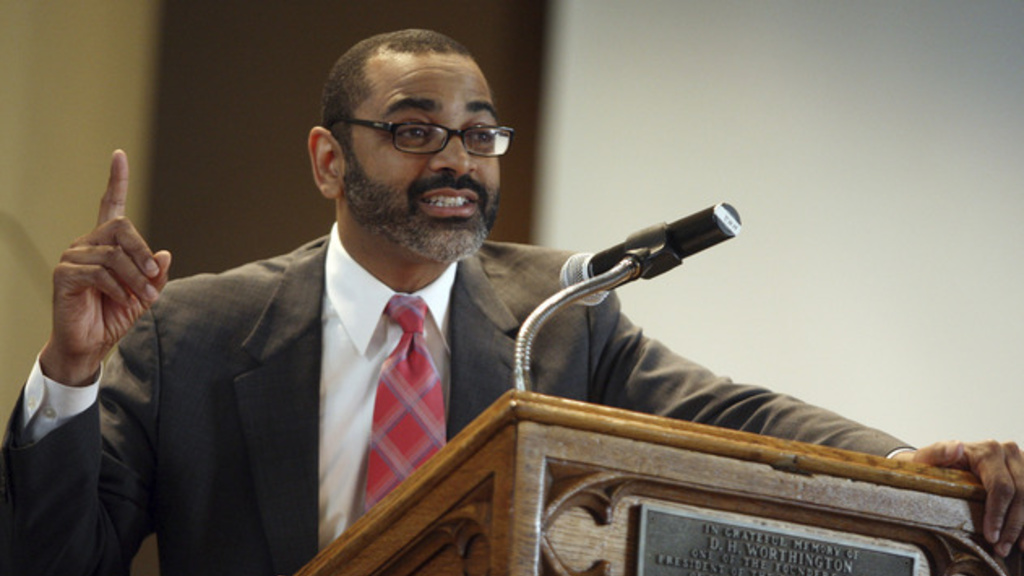
Follow the children: Michael Hill views the adolescent character as a weathervane
Friday, December 12, 2014
In a 1949 poem, Gwendolyn Brooks asked, “What shall I give my children? . . . / Who are adjudged the leastwise of the land . . . ” The question is central to Michael Hill’s new book, A Little Child Shall Lead Them: Adolescence in African American Novels, 1941-2008.Hill, a University of Iowa professor of English and African American Studies and Fall 2014 Obermann Fellow in Residence, is curious...
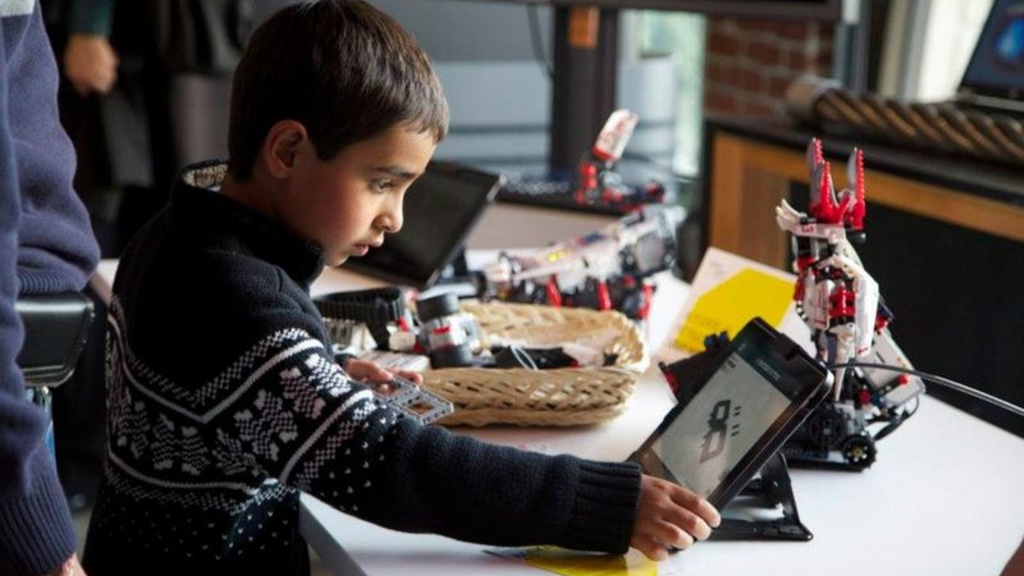
Designing Technologies for Children
Wednesday, April 23, 2014
Seven years ago when Juan Pablo Hourcade (Computer Science, CLAS) published a review article about designing technologies for children, smartphones were not widespread, the iPad hadn’t been introduced, nor had motion-sensing gaming devices like Kinect. A lot has changed in terms of how children can access technology and what they can do it with. And yet there still is not a succinct overview of...

Andrea Charise On the Health Humanities Frontier
Friday, February 21, 2014
Using music to manage chronic pain. Training the eye to see emotional as well as physical symptoms of suffering in a gallery of portraits. Absorbing a sense of well-being through encounters with the written word. Bringing together the arts, humanities, and health sciences offers incalculable benefits. This April, the Obermann Center will offer a...

Wall to Wall
Wednesday, February 12, 2014
Standing on the Great Wall of China in 1991, Mohammad Chaichian wondered at the feat of architecture and engineering that extended in front of him as far as he could see. Although the wall was ostensibly built to keep out nomadic “barbarians,” Chaichian, a sociology professor with training in architecture and urban planning, wondered how those on the other side, the so-called barbarians, viewed it...

Micromagnets: On the Path To Greater Energy Efficiency
Tuesday, January 14, 2014
Johna Leddy (Chemistry, CLAS) is very enthusiastic about the possibility of improving electrochemical systems such as batteries and fuel cells to provide energy and fuels with greater efficiency. “We might be able to build a low temperature fuel cell that runs on alcohol,” says Leddy, who was a Fall 2013 Obermann Fellow-in-Residence. “It could make us less dependent on foreign oil and processes...
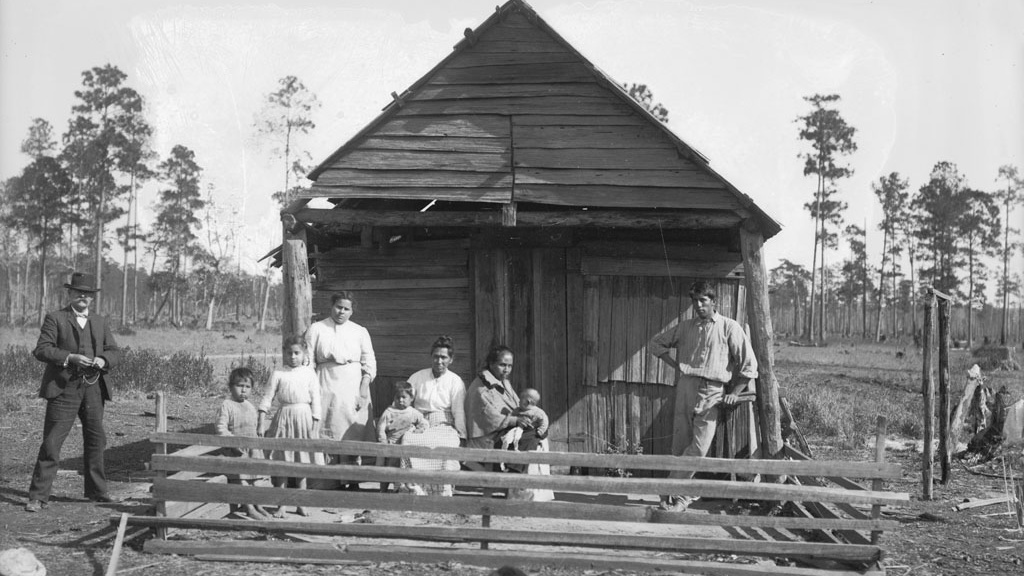
Obermann Fellows in Conversation—Race Relations in the U.S. South
Monday, December 9, 2013
A wonderful aspect of the Obermann Center is the way in which people from across the University meet and have unexpected conversations. While many of our programs invite people to form unique collaborations to achieve a specific outcome, such as publishing an article or developing a grant application, our longest running program, the Fellows-in-Residence, is intended to support individual projects...

The Unintended Consequences of Rankings
Wednesday, October 30, 2013
We are a society obsessed with quantifying and ranking things. Neurosurgeons, small towns, and nasal sprays all have their own ranking lists. Someone is a winner and someone is a loser. While many of us are aware of this increased quantification and vaguely understand its potential dangers, Michael Sauder (Sociology, CLAS) is working to make the unintended consequences of this trend and fascination...
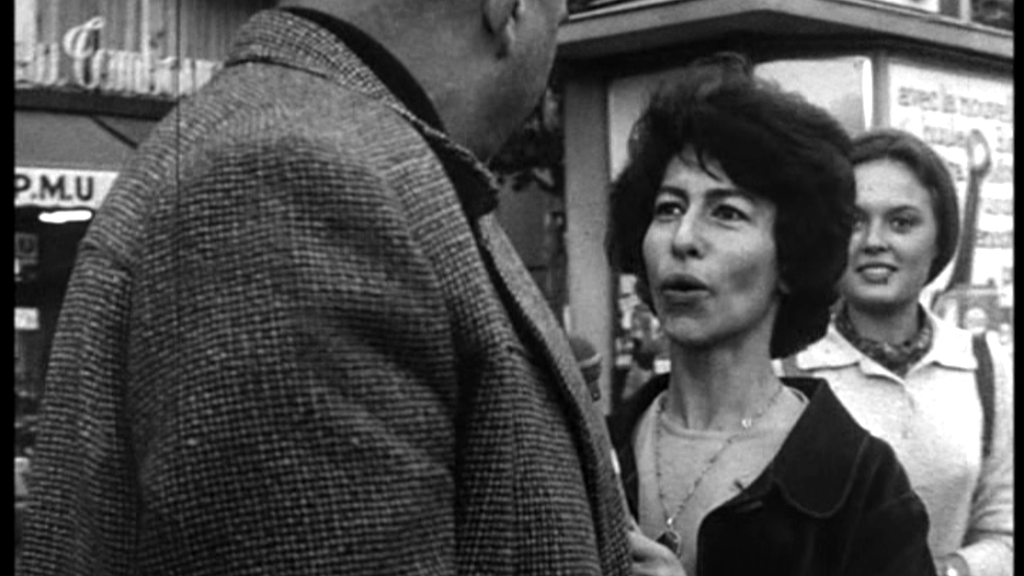
Redefining a Period
Tuesday, April 23, 2013
Cinema & Comparative Literature Professor Steve Ungar has spent the past year immersed in the history of documentary films in France between 1928-1962. What has especially captured his attention is how setting a specific film in various time frames affects our understanding of it. “What is a period? What is duration?” he asks with deceptive simplicity. As the recipient of the prestigious...
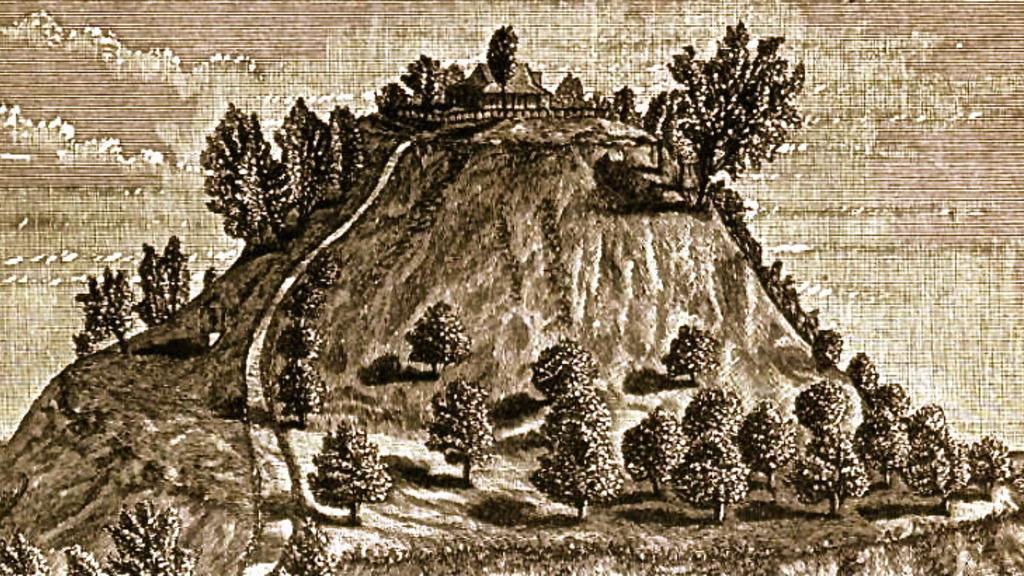
Barbara Eckstein
Monday, November 5, 2012
Barbara Eckstein is a Fall 2012 Obermann Fellow-in-Residence and a University of Iowa professor of English. She is also on the faculty of the UI Center for Global and Regional Environmental Research (CGRER)
and is affiliated with International Programs. She’s previously served as Associate Provost for Academic Administration. Currently, she is in the early phases of an extensive study of the...

Fall 2012 Fellows-in-Residence
Tuesday, August 14, 2012
The Obermann Center welcomes its Fall 2012 Fellows-in-Residence next week. Six UI faculty members and one UI graduate student will work on projects ranging from the historical relationship between humans and mosquitoes in the Upper Mississippi River Basin to mathematical problems in X-ray dark-field tomography. The Fellows include the recipient of a Mellon/ACLS Dissertation Completion Fellowship...
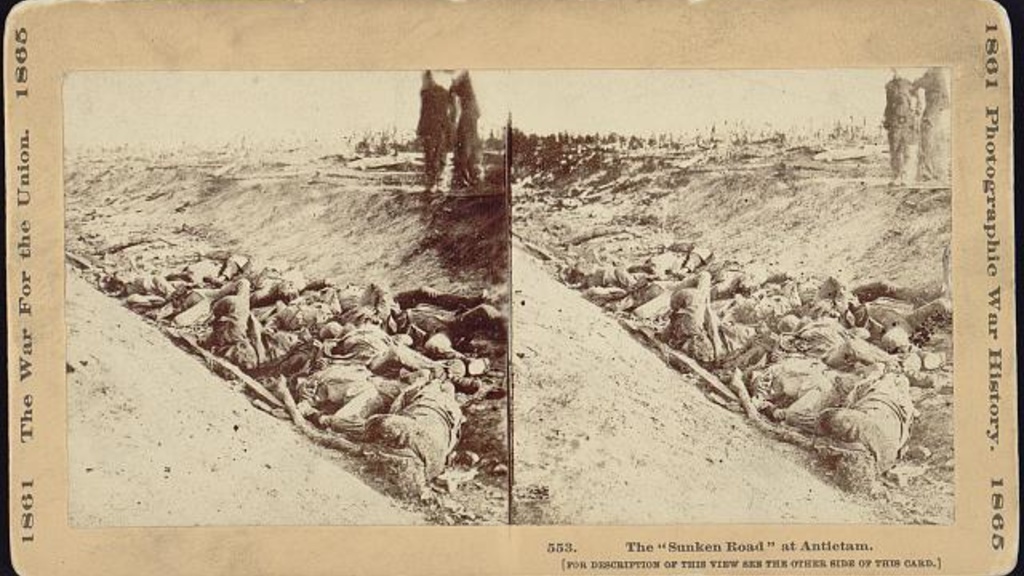
Kathleen Diffley
Wednesday, April 4, 2012
What would you learn about the current war in Afghanistan if you were to take as your sources several current magazines, say People, The New Yorker, and Newsweek? The story that would come into focus from such disparate sources may not offer a complete timeline of events, but it would provide a sense of what the people reading those publications cared about: a soldier’s homecoming, an intimate...